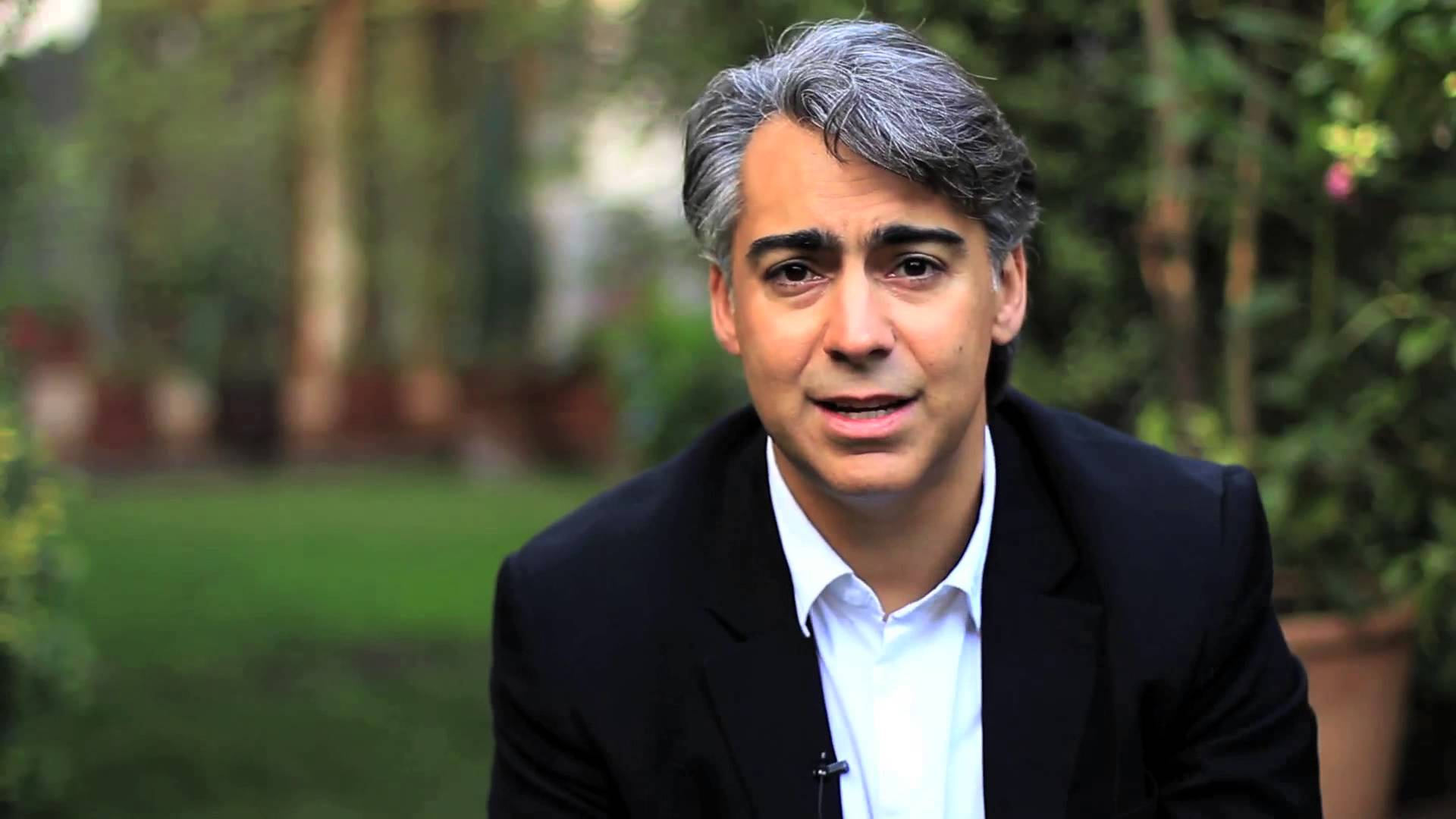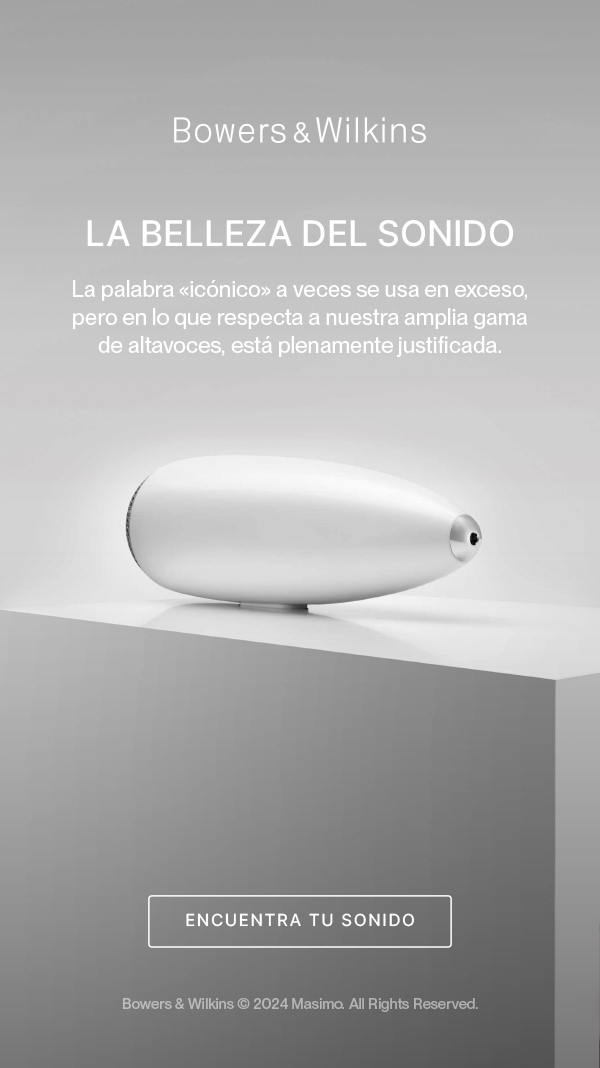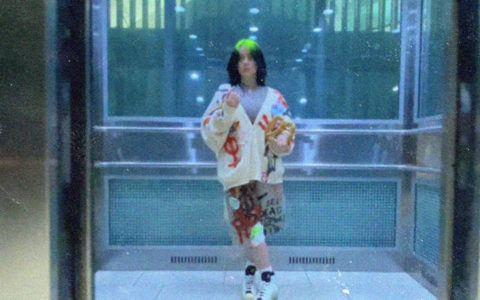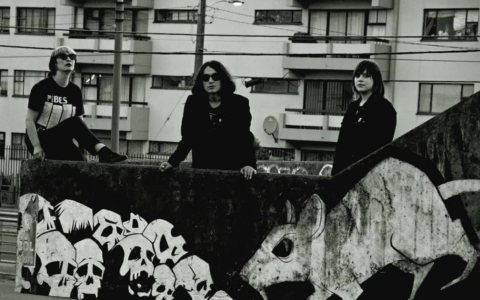2017 is an election year in Chile which means both houses of Congress, the Senate and the House of Deputies will be renewed and a new President will be elected to govern for the next four years. Michelle Bachelet, the current President, is constitutionally prohibited from seeking re-election (a president can serve for as many terms as they like but immediate re-election is prohibited) though if she could it is doubtful she would want to since she currently has an approval rating in the teens.
Bachelet began her presidency following the largest margin of victory since the return of democracy, with 62% of the vote in the second round of voting. Her “New Majority” (Nueva Mayoría) political coalition similarly excelled and won majorities in both houses of Congress. But the honeymoon was short and the government squandered the support they enjoyed from the center and left parties. Bachelet did an excellent job during her campaign of winning support across the political spectrum from Christian Democrats to the Communist Party by proposing a list of reforms – principally in education, taxes and the constitution – that everyone supported, at least in theory. But this support was fragile since there were and are major differences within the Nueva Mayoría over the details of these reforms. Once she took power these differences came to the forefront. Owing to poor political management and a greater willingness of parties and citizens to question their elites, her administration managed to anger both her center and left supporters while the right-wing of course opposed her program from the beginning.

The candidates vying for the presidency in 2017 fall along these lines of rupture that emerged during her government. There is a right-wing coalition that is hungering to return to power and views in her low approval numbers a mandate to undo her reforms. The center of her governing coalition has split off and is going forward with its own campaign. The center-left, which is the continuation of the Nueva Mayoria, has its successor candidate while the left has coalesced in a new coalition that hopes to carry out the reforms that Bachelet never delivered and even go farther. Below is an overview of these coalitions and a description of the candidates. For the parties and coalitions that have chosen to do so, primary elections are set for the 2nd of July.
Chile Vamos
“Let’s go, Chile” is the political grouping that includes the right-wing political parties, Union Democratica Independiente (UDI) and the center-right Renovacion Nacional (RN) in addition to the lesser known Partido Regionalista Independiente (PRI). The RN and the UDI have been in coalition since the return of democracy following the Pinochet dictatorship. Also included is a new center-right political party, Evopoli, that is socially liberal but pro-market. Three candidates will compete in their primary for unified support heading into the first round of voting in November.

The front-runner and all-but-assured winner is Sebastian Piñera, who was president from 2010 to 2014 before Bachelet returned. His principle argument for re-election is on economic grounds since economic performance and job creation has been worse under Bachelet. He is a billionaire businessman and sells himself as someone who understands how to make Chile a good place for business. He will face off against Manuel Jose Ossandon, who is a more traditional conservative populist in the Latin mold and has run a dirty campaign using tacticts similar to Trump, and the candidate of Evopoli, Felipe Kast, who has taken positions in favor of marijuana legalization and the LGBT community. Piñera falls somewhere in between his two opponents on these social issues.
Nueva Mayoria
Bachelet’s governing coalition will forgo primaries following the endorsement that current senator Alejandro Guillier received from all the constituent parties except for one (more on that later). He has promised to continue with the reforms as conceived of by the current government. In a telling development, he was supported as the candidate over Ricardo Lagos, also of the Socialist Party, who was Chile’s president from 2000 to 2006. Lagos had a successful government and is respected by the political class as an elder statesmen. But the parties rejected him as a candidate in a move to better fit with the current political climate which is experiencing a generalized rejection of the establishment. The idea of the candidacy of Guillier, who was a journalist until joining the senate in 2014, is to bring new figures to the forefront.

Frente Amplio
The Frente Amplio, or “Broad Front”, coalition includes the parties and movements to the left of the Nueva Mayoria. These include many that grew out of the Chilean Student Movement – specifically Revolucion Democratica, Izquierda Autonoma and Movimiento Autonomista. It also includes other parties that have inhabited the political space to the left and outside of the center-left coalitions that have governed Chile for most of the last 25 years like the Humanist Party, the Liberal party and the Green Party. The politics of Frente Amplio are similar to other challenges by the previously marginalized left to the center-left parties in western democracies such as Podemos in Spain and Labour under Corbyn in England.
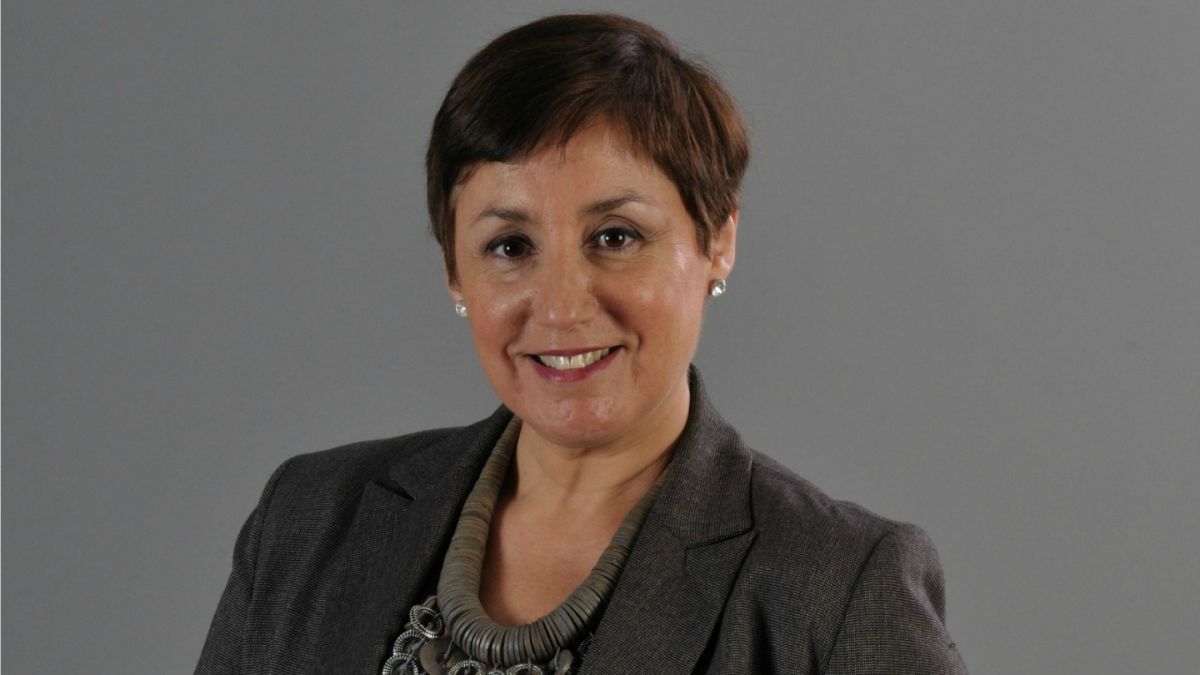
The candidates set to compete in the primary are Alberto Mayol, a sociologist from the University of Chile who has intellectually accompanied the student movement, and Beatriz Sanchez, a nationally known journalist who has a history of being critical of Chile’s economic and political system. Sanchez has already won the support of most of the constituent parties and is starting to gain in the polls. The goal of Frente Amplio is to overcome the Nueva Mayoria and become the new alternative to the right-wing.
Independents
There are host of independent candidates who can get themselves on the ballot for the first round of voting if they collect enough signatures. These include some perennial presidential candidates like Franco Parisi and Marco Enrique-Ominami. Parisi obtained 10% of the vote in the 2013 election and Enrique-Ominami received over 20% in 2009 and 11% in 2013. The most consequential independent candidacy is that of Carolina Goic from the Cristian Democrats. It is not consequential because she is likely to win or even to advance to the second round (she is currently polling at 1%) but because of the decision of the Cristian Democrats to take their candidate directly to the first round without participating in the Nueva Mayoria primaries. This essentially marks their departure from that governing coalition and is the first time since the return to elections in 1990 that they are not in coalition with the Socialist Party, the Party for Democracy and the Social Democrat Radical Party.
If the election were held today, polls show Piñera leading with Guillier and Sanchez in a tight battle for second. While Piñera and Guillier have shown stability in their places in the polls, Sanchez has the momentum. There is still a lot of campaigning to be done and given what has happened recently in elections in the USA and Europe, anything could happen. Chile may be geographically distant and physically isolated from much of the world but it is not immune to global trends, as a review of its history shows. Following the primary elections on Sunday, the number of candidates will be reduced and it will boil down to a battle between the Chile Vamos, the Nueva Mayoria and the Frente Amplio, with the latter two agressively competing to advance to the second round of voting and claim the title of leaders of the left.
